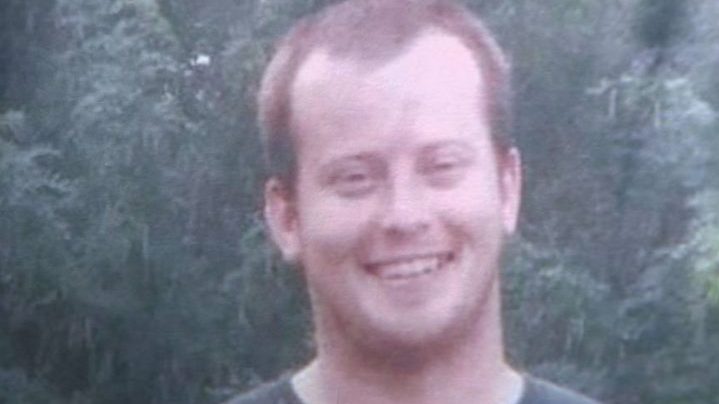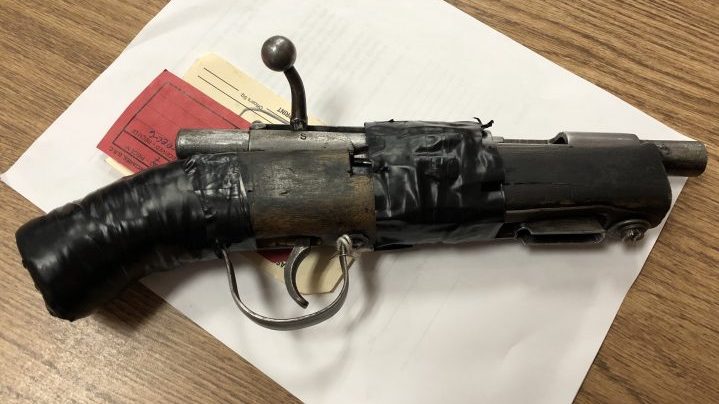A Saskatoon judge will rule Friday on the minimum amount of time Dallin Singharath will spend in prison for the killing of Tyler Applegate.

Singharath, 21, will receive a life sentence after he was convicted last week of second-degree murder. On Monday, Justice Richard Elson attempted to understand the killing.
“I’m still mystified by the motive. It doesn’t make a lot of sense to me,” Elson said during sentencing submissions.
Singharath had no prior history with Applegate, a 27-year-old father of five. Elson noted how Singharath had a tenuous connection with a man who urinated on Applegate’s fence moments before the shooting.

During trial, Applegate’s partner said the urination was the first in a series of events that led to Applegate being shot as he stood in his own Westview backyard.
“The motive, at best, was petty in the extreme,” Elson said.

Get daily National news
Applegate died on Aug. 10, 2017, three weeks after the fatal confrontation.
“This was a lengthy and tortuous way to go,” Crown prosecutor Cory Bliss said as sentencing arguments began Friday.
Bliss sought parole ineligibility of 15 years, which is five more years than the minimum. He cited concerns including Singharath’s prior criminal record consisting of aggravated assault and weapons offences among other crimes.

On Monday, Bliss described a fight at the Saskatoon Correctional Centre between Singharath and another inmate on Feb. 25, which was in the middle of Singharath’s murder trial. The other man suffered “superficial and minor” cuts, Bliss said.
Singharath hasn’t been charged for the altercation yet, but the prosecutor said that will happen eventually. The Crown provided the information because “it goes to the character of Mr. Singharath,” Bliss said.
Defence lawyer Laura Mischuk said at the time of Applegate’s murder, Singharath wasn’t a full member of the Terror Squad gang, but had associates within the group.
Mischuk argued for the minimum of 10 years of parole ineligibility.
She told the judge about Singharath’s troubled upbringing, including how his parents separated when he was seven years old. There was domestic violence and addictions issues in the home, according to the defence.
His aunt, uncle and adoptive brother died in separate homicides, Mischuk said, and Singharath wants to be a role model for younger children in his family.
“He’s deeply embarrassed for what has occurred,” Mischuk said.
Asked whether he had anything to say to the judge, Singharath answered no.





Comments